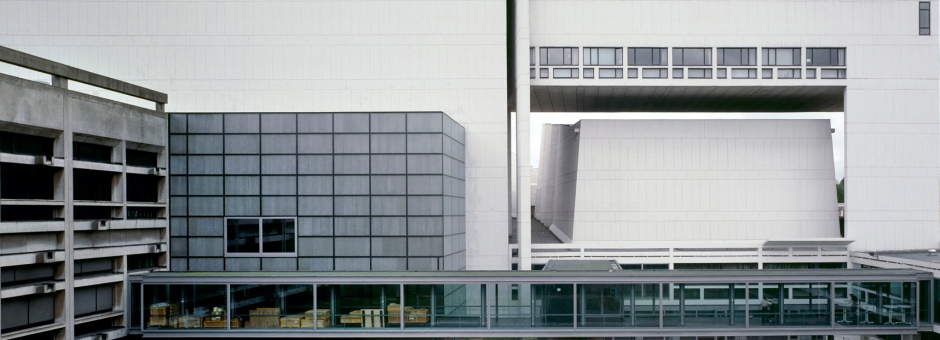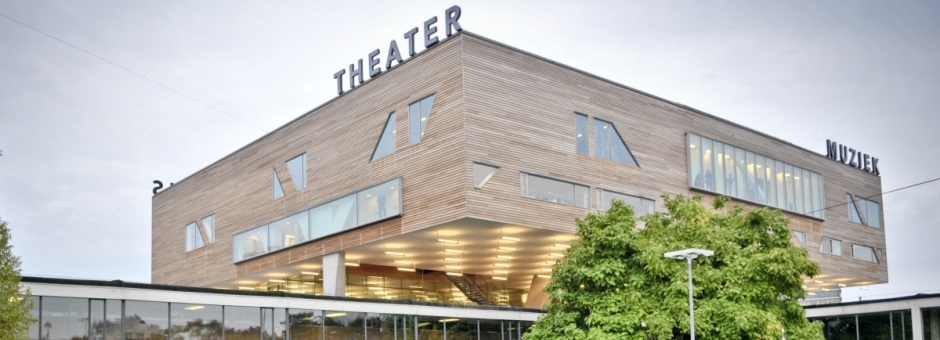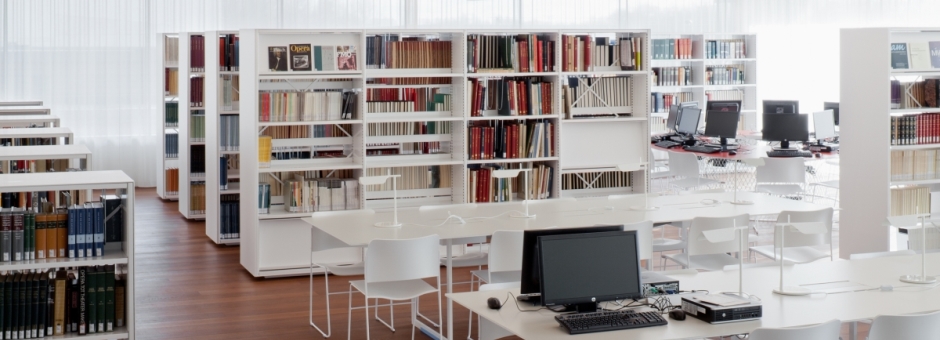-
Library Conservatory Brussels

The Royal Conservatory of Brussels, a department of the Erasmus University College, trains talented students to be professional musicians. The conservatory is co-manager of one of the most important, internationally oriented historical music collections in Belgium.
-
Library Conservatory Ghent

The Conservatory (founded 1835) is housed in a medieval monument. The heritage library BGc houses ca. 2 running km of scores, scientific & pedagogical works, magazines, audio and video material on music, art, culture and related disciplines, artistic objects, extensive digital source material. Innumerable donations. Part of School of Arts Gent. Member of CaGeWeB, Association of 23 research libraries, Archives and Documentation Centres of Gent.
-
Library Conservatory Antwerp

The Royal Conservatoire of Antwerp, founded in 1867, aims to educate enthusiastic and talented people to become creative, professional musicians and performing artists with great autonomy and personality, able to slot into the contemporary socio-cultural and artistic frame of reference. The Antwerp Conservatoire offers opportunities for extensive artistic cross-pollination, as courses in the three performing arts, as well as teacher training, are all grouped on the International Arts Campus deSingel. In 2010, the Antwerp Conservatory library was the first Flemish library to be officially recognised as a world heritage library.
-
MATRIX

MATRIX [New Music Centre] is truly passionate about (inter)national art music from 1950 onwards and houses one of the most important documentation centers on new music in Europe. While the core of the collection consists of music from Flanders, equal attention is paid to music from an international context. From this collection – part of the voluminous University Library of the KU Leuven – which contains more than a few unpublished pieces, we regularly develop projects on contemporary musical heritage. MATRIX is also the home of a multifaceted educational service, dedicated to new music.
-
Study Centre for Flemish Music

The Study Centre for Flemish Music [SVM] is a study and documentation centre, founded in 1998 and located in Antwerp, that aims at safeguarding as well as making public the Flemish musical patrimony of the 19th and 20th century. This is done through inventarisation, academic research, publications, lectures, sheet music publications (the series Flemish Music Collections, published by Musikproduktion Höflich in Munich), promotion and advice for concerts and recordings.






